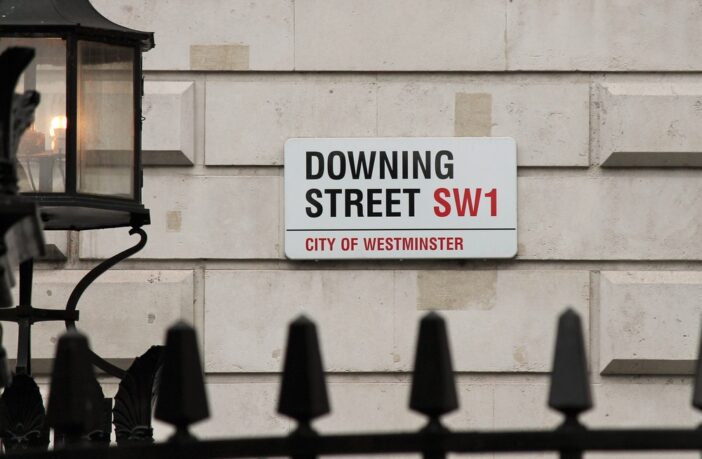Dr Richard Heffernan is a Reader in Government who specialises in British politics at The Open University. Here he gives his opinion on the new Prime Minister, his cabinet and his first Prime Minister’s Question Time.

Dr Richard Heffernan
Is Rishi Sunak the right man for the job?
That’s in the eye of the beholder. It depends on your own personal and political preferences. He’s considered to be intelligent and capable. We have recently had enough incompetence and buffoonery to last a lifetime, and previously, remembering Tony Blair and David Cameron’s premierships, too much slickness. So the country probably requires someone who can provide a more stable leadership, and boring, serious governance. It remains to be seen if Sunak can deliver this.
What kind of a PM is Sunak going to be?
Too early to tell. He’s 42 years old and the youngest PM in 200 years. Although he’s widely thought to be smart and intelligent, he’s very politically inexperienced. Winston Churchill had been in politics for 40 years before he became PM and Margaret Thatcher for 20. So, I think that lack of experience may prevent him from being the effective PM the country and party need him to be.
But so far he’s started OK, although Theresa May did, too. It is early days. In the long run, to be an effective Prime Minister, Sunak needs to be both politically successful and electorally popular. So far he’s neither.
But, for someone who can be politically gauche, he did well at his first Prime Minister’s Question Time when he clearly bested the opposition leader Keir Starmer. But I thought Sunak ran a poor party campaign for the Tory leadership in the summer, which shows being intelligent is not enough, you have to have charisma and appeal. So the jury is very much out on the new Prime Minister in that regard.
Is Jeremy Hunt still the right man for the role of Chancellor?
Depends on your judgement. It wasn’t surprising that Sunak retained him when the political class consider Hunt unassailable because they think the markets would be spooked if he was removed.
Hunt is clearly going to be a safety-first chancellor, and appeasing the international money markets is his key policy aim. This means he is likely to increase taxes on ordinary people and cut public spending, and I don’t think that is what the country needs or requires.
Do Mr Sunak’s cabinet appointees make sense?
Yes, I think he’s made some wise decisions. There is experience there and they reflect the Conservative party spectrum. He’s rewarded a number of friends and allies. There is now limited chance for cabinet members to rebel so they have to fall in behind Sunak. Unless, at some later date, he is demonstrably unsuccessful and unpopular.
Even then it’s hard to imagine the governing party could change prime minister a fourth time in the same Parliament. Perhaps the only unhappy cabinet minister is Penny Mordaunt who, it’s thought, was expecting a bigger role. But there’s little she can do about that.
How does a new cabinet minister set about a brand-new role?
Cabinet ministers are generalists and like any new job you have to be given time to settle into it and learn by doing. They have advice from civil servants and, presumably, have a political agenda they wish to follow. Yet they inherit before they choose. While there are quite a few cabinet members who are new to being at the table everyone else has experience of ministerial office – such as Michael Gove, for instance, and Jeremy Hunt who has nine years’ experience sitting in the cabinet variously as Culture, Health and Foreign Secretary. Too often, however, ministers prove not to be up to their job.
What now?
Sunak will feel he was proved right when he challenged the policies of Liz Truss in the summer campaign for the leadership. He warned that the markets would react badly to her desire to cut taxes, but not spending.
The economic chickens and the consequences of Covid, have come home to roost, and Sunak inherits a mess he helped make when Chancellor. He and his government have to restore economic stability, work to improve economic growth, grapple with the cost-of-living crisis, and improve failing public services.
All that whilst having also to restore the parlous electoral standing of the Conservative Party at a time when electors are angry and fractious and when the hysterical commentary of the news media makes it increasingly challenging for political actors.
Yet Sunak has the backing of a large majority of Conservatives MPs. He was the last man standing, when Boris Johnson was unable to secure sufficient support to return as Prime Minister. Time will tell whether the Tory MPs have made the right choice.
Main picture credit: Lorna Roberts for Shutterstock



